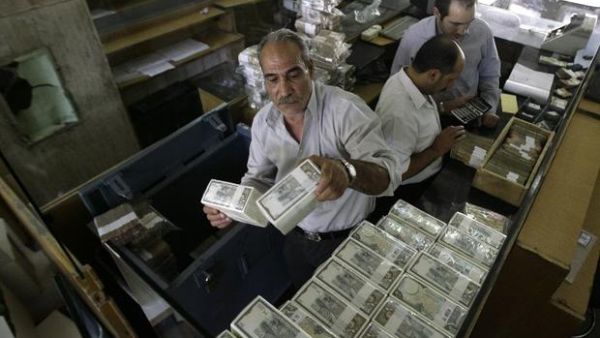As the Syrian regime continues to face losses in the civil war raging for over four years, its revenues have shrunk, leaving the government relying on unstable sources of income, AFP reported Saturday.
According to AFP most of the government's natural and mineral resources have fallen under rebel control. The state's coffers have also decimated. The regime's remaining income comes from decreasing customs and income taxes, along with credit lines from its main foreign supporter Iran.
In 2014 the taxes reeled in $550 million of income for the regime. Iran's credit lines offered President Bashar al-Assad at least $4.6 billion, but the income is a part of a country whose political standing may also lead to unstable revenue sources.
The Syrian Observatory for Human Rights has also reported major losses for Assad by Daesh (ISIS), who recently seized two phosphate mines, Sharqiya and Kneifess, southwest of Palmyra. The two mines accounted for $160 million of projected 2015 income for the Syrian government.
“For the state, whose resources are being depleted, it’s a net loss. In the current situation, any returns are important,” Jihad Yazigi, who runs economic weekly Syria Report, told AFP.
An Oil Ministry official told AFP Sharqiya produced at least three million tons of phosphate a year, while Kneifess produced another 850,000 tons.







